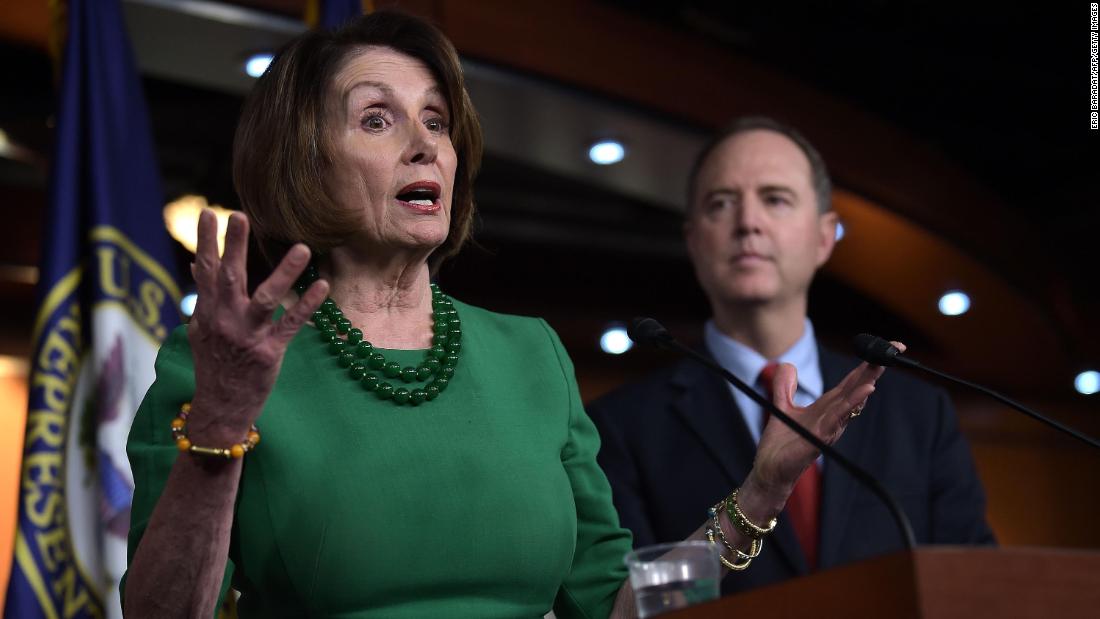[ad_1]
After amassing the testimony and preparing for the articles of impeachment, the House could change course and introduce a resolution for censure of the President. In it, they would recite all the behavior that would go into articles of impeachment. But instead of Trump’s removal from office as a remedy, it would essentially place the impeachment process in abeyance until the House can determine whether it will be able to hear from additional key witnesses.
This is a viable option for many reasons.
As the Democrats make their point that the President’s behavior is unacceptable, the Republicans and the President continue to say that this impeachment inquiry is just another desperate attempt by Democrats to get Trump out of the White House after Robert Mueller’s investigation.
So far, several key witnesses have refused to come forward to testify, and some, like John Bolton, have gone to federal court to determine if they must comply with congressional subpoenas over and above a White House order not to testify. A federal judge ruled this week that there is no blanket immunity for officials from a congressional subpoena, but the administration is appealing the ruling. This will take time that the House does not seem willing to wait for.
Complicating the process is that with questions being raised about Vice President Mike Pence’s possible involvement in the Ukraine scandal, the presidential line of succession becomes more of a focus. Next would be the speaker of the House, and our House speaker is a member of the opposing party. The GOP-controlled Senate may be even less inclined to move forward with removal from office in an impeachment when a “President Nancy Pelosi” is possible.
A censure would issue a formal warning: This is unacceptable behavior for a president, but we will not remove you from office this time. However, pending further testimony or should there be any instance of further wrongdoing, the appropriate remedy is removal from office. Ideally, the Senate would also adopt a resolution of censure, though support for Trump and the politics of the upcoming election would suggest that that is highly unlikely.
Additionally, and as part of the legislative negotiations, Congress could use this occasion to amend the Presidential Succession Act to change the line of succession. Recognizing the potential conflict of interest of an opposing party removing the president and vice president, Congress could change the line of succession after the vice president from the speaker of the House to the highest ranking member of the House from the same party as the president. That way, any semblance of partisan motivations or charges of a “coup” would be removed by allowing the elected party to stay in office throughout the presidential term.
By amending the line of succession, Republicans could rest assured that, going forward, should impeachment arise again, they would not lose the presidency.
The Democrats would be hard-pressed to pull back from full impeachment. Censure could be seen as a slap on the wrist, and a failure of their leadership to prove what they and their constituencies believe have been abuses of the presidency.
[ad_2]
Source link



